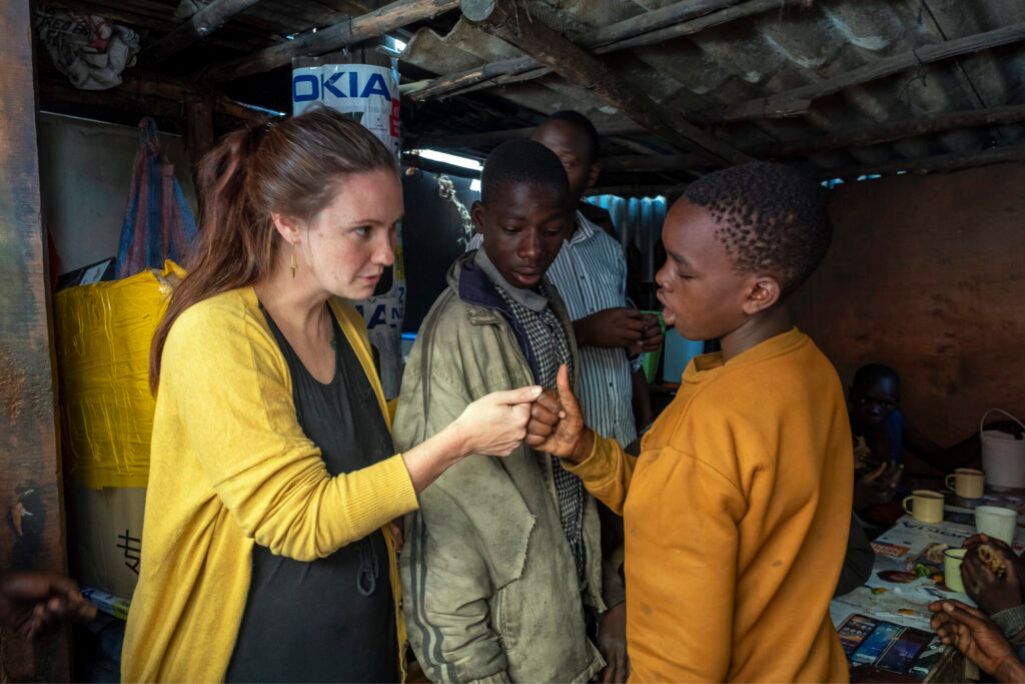
IMB Kenya missionary Kristen Lowry works alongside national partners to run Naivasha Children's Shelter. They work on the streets to rescue boys, restore their lives and reunite them with their families.
Southern Baptists have set aside Sunday, Nov. 9, to focus on caring for widows and orphans.
Based on James 1:27, “Pure and undefiled religion before God the Father is this: to look after orphans and widows in their distress and to keep oneself unstained from the world” (CSB), the day gives churches an opportunity to pray for widows and orphans and evaluate their ministry to them.
In a Lifeway Research piece, Mirian Neff encourages fellow church members to care for widows by asking, “Can we go for a walk together? May I run errands for you? Can I meet you for coffee? Don’t say, ‘Call me if you need anything.’”
Neff, a widow herself, says, “Our arms are too weak to lift the phone. Enter our space. It may have become a disaster area. Our refrigerator may be empty and our appearance, well, unkempt. We need you to keep us real, in the now.”
The Ethics & Religious Liberty Commission (ERLC) has partnered with Send Relief to create a bulletin insert to mark the special Sunday.
Kristen Lowry, Send Relief international orphan care consultant, says one of the best ways to care for orphans is to help care for families.
“Families are vital for the development of children. They need the connection, belonging and identity of a family to thrive into adulthood. Research shows significant improved outcomes for children who are cared for in their families, foster families or adoptive families, compared to orphanages and children’s homes,” Lowry said.
She says this shift in understanding is causing a shift in orphan care.
“Many countries and organizations are moving away from traditional institutional care (orphanages) to family and community-based care. Organizations are working to strengthen families so they never need to consider an orphanage as a solution to their challenges. When a child is unable to be cared for in their own families, a foster or adoptive family allows children the opportunity to stay in the community and receive the individualized support of a family,” she said.
Send Relief also offers training for churches as they develop a strategy to care for orphans.


